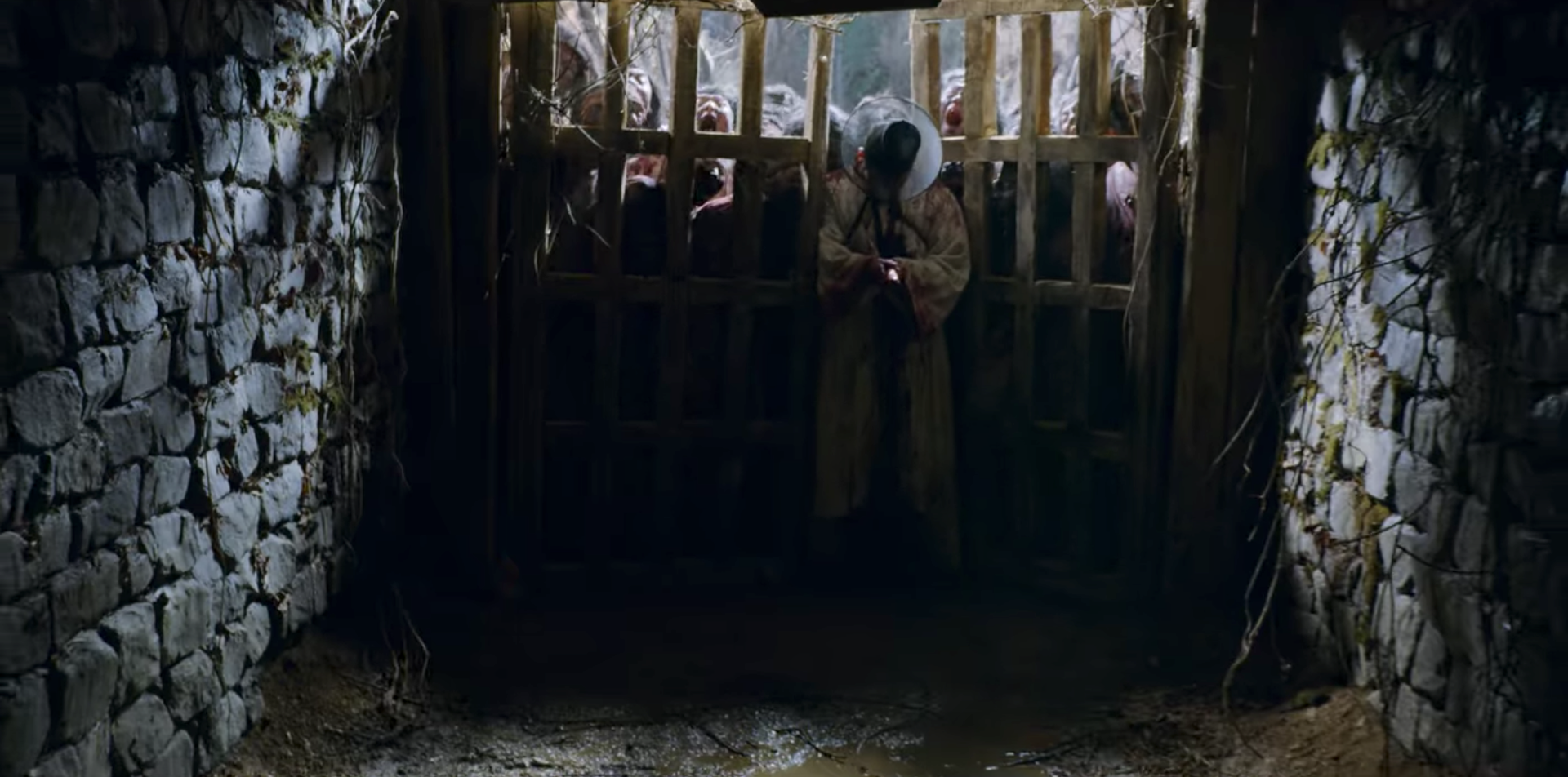


These results point toward unspecific and immune related changes in the infected mice brains associated with altered behaviors. There is a positive correlation between the severity of the behavioral alterations and the cyst load, which reflects indirectly the level of inflammation during brain colonization. Toxoplasma gondii infection in mice lowers general anxiety, increases explorative behaviors and surprisingly increases a general loss of aversion to predators without selectivity toward cats. Rats that do not avoid cats' habitations will more likely become cat prey. gondii can sexually reproduce to complete and begin its lifecycle, such behavioral manipulations are thought to be evolutionary adaptations that increase the parasite's reproductive success. Because cats are the only hosts within which T. gondii-infected rats have a decreased aversion to cat urine. Support for this "manipulation hypothesis" stems from studies showing that T. gondii has been shown to alter the behavior of infected rodents in ways that increase the rodents' chances of being preyed upon by felids. gondii is capable of infecting virtually all warm-blooded animals, : 1 but felids, such as domestic cats, are the only known definitive hosts in which the parasite may undergo sexual reproduction. Toxoplasma gondii ( / ˈ t ɒ k s oʊ p l æ z m ə ˈ ɡ ɒ n d i aɪ/) is an obligate intracellular parasitic protozoan (specifically an apicomplexan) that causes toxoplasmosis.


 0 kommentar(er)
0 kommentar(er)
